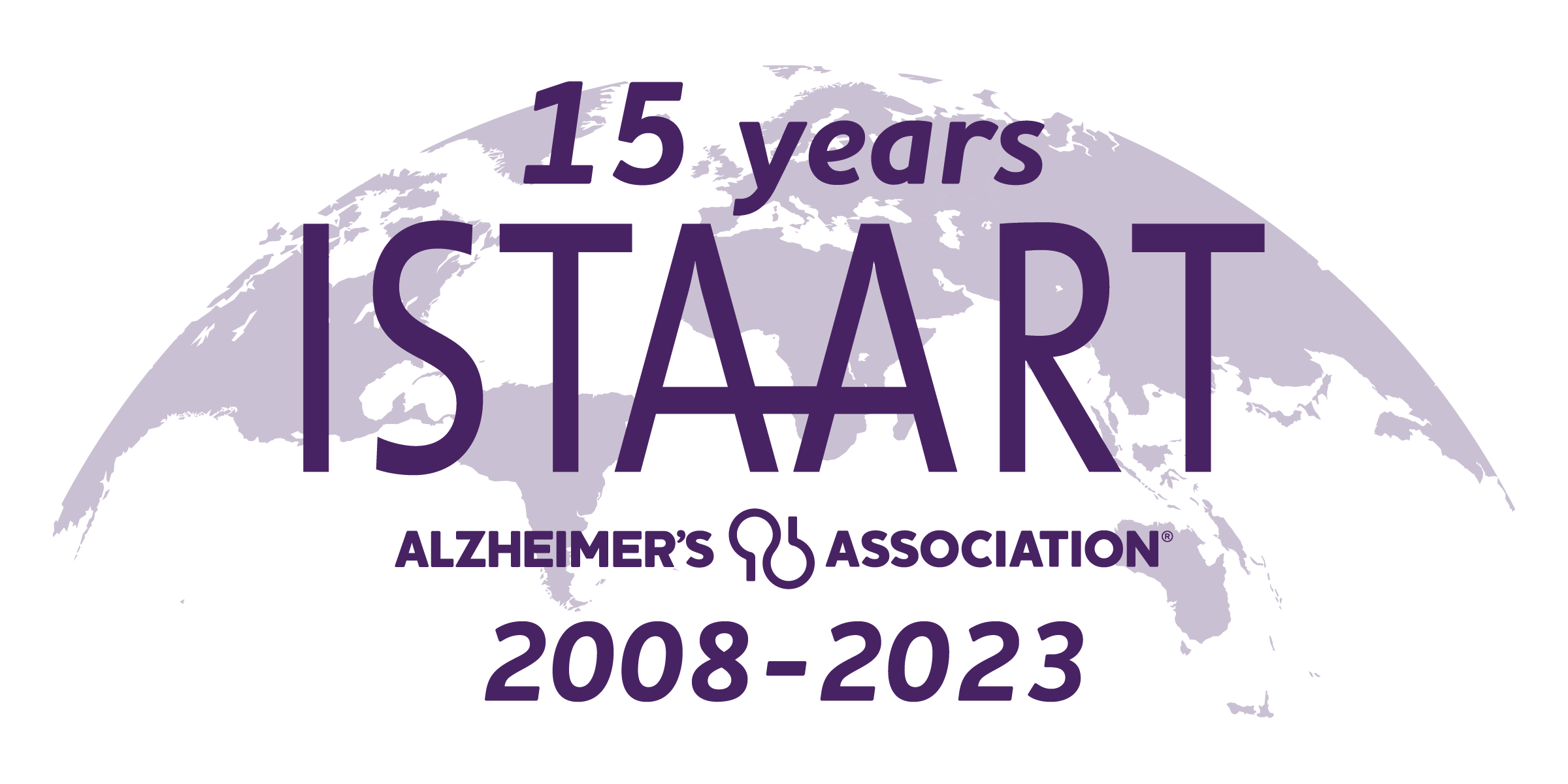About
This PIA was established in 2014.
Executive Committee
Chair: Rema Raman
Vice Chair: Carla Abdelnour Ruiz
Programs Chair: Elizabeth Rhodus
Communications Chair: Inga Antonsdottir
Early Career Representative: Ignacio Illan Gala
Early Career Representative: Chukwuanugo Ogbuagu
Ad-Hoc Member: Jorge Llibre-Guerra
Immediate Past Chair: Erin Abner
(Next election cycle: March 2026)
Twitter
#ClinTrialsPIA
Overview
Effective pharmacological and non-pharmacological prevention and intervention strategies against cognitive impairment in later life are urgently needed. Yet we face new and substantial challenges in being able to assess the effectiveness of new and potential treatments. These include: (1) interventions and treatments of asymptomatic individuals where cognitive and functional impairment are minimal within the groups studied and large variability in outcomes leads to increasing difficulty to assess treatment effects, (2) uncertainty with respect to the selection of “at risk” samples for trials, (3) the appropriateness of outcome measures, (4) discordance between biomarkers and clinical outcomes, and (5) additional challenges in the conduct of randomized trials where controlling for various confounders and predictors stemming from trial settings is required. Conducting methodologically sound and efficient trials is vital in order to advance potential new treatments or prevention approaches.
PIA Objectives:
- Develop and advance clinical trial designs in Alzheimer's disease and related cognitive and neurodegenerative disorders of later life. Topics to be discussed include: creation or assessment of sensitive outcome measures, reduction of variability, sample selection approaches, treatment fidelity, multi-modal designs, and issues specific to pilot or small sample size trials and/or non-pharmacological trials.
- Develop and submit educational workshops and featured research sessions on clinical trial approaches for consideration at the AAIC, other meetings, and foster the collaborations among members. Collaborate with other organizations such as the Cochrane Collaboration, EPAD, and the Alzheimer’s Association Research Roundtable.
- Encourage the Alzheimer’s Association and other funding agencies to support unique pilot clinical trials and methodology studies which could lead to larger prevention/intervention trials.


.png)